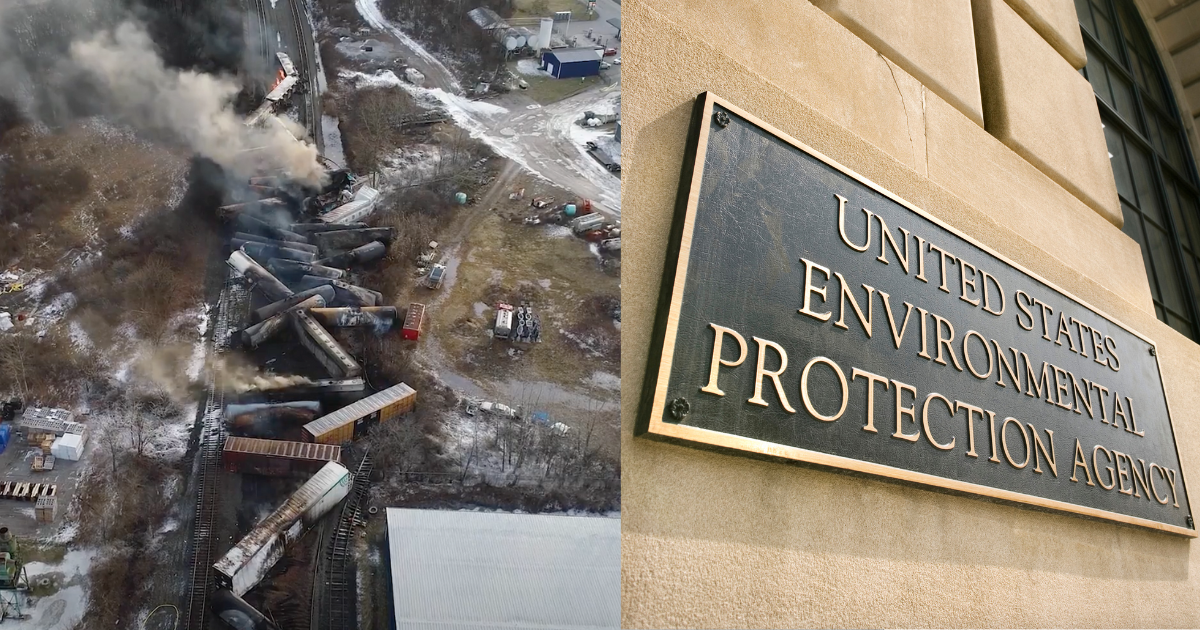Tell the EPA to ban vinyl chloride!

Tell the EPA: Prioritize vinyl chloride for action under TSCA and ultimately ban it!
It’s time we stop making so much plastic, starting with the most toxic plastic, polyvinyl chloride or PVC!
Vinyl chloride presents significant dangers to public health. We’ve known that for decades. It is a known human carcinogen associated with liver, brain, lung, and blood cancers, and can be found in air, water, soil, and in products found in our homes and workplaces. And 99% of the vinyl chloride produced is made into PVC plastic used in many products, from flooring to food packaging, even when there are many safer options.
EPA recently proposed prioritizing vinyl chloride for action under the Toxic Substances Control Act (TSCA). TSCA requires the EPA to assess chemical risks comprehensively. The Agency must consider impacts on frontline communities near chemical plants and along transport routes. Their review should study a chemical’s entire lifecycle, from production to disposal.
Vinyl chloride presents significant risks throughout its lifecycle, particularly to frontline communities. Since 2010, U.S. vinyl chloride plants have reported releasing more than 500,000 pounds of vinyl chloride to the air each year, posing risks to downwind vulnerable communities.
In a January 2024 report, Toxic Cargo, Toxic-Free Future showed that, at any given time, 36 million pounds of vinyl chloride are on more than 200 rail cars across nearly 2,000 miles of U.S. railways. These chemicals supply PVC plastics factories in New Jersey, Illinois, and Niagara Falls, Ontario. These rail shipments of vinyl chloride to make PVC plastic put more than three million people at risk, in communities from Texas to New Jersey. The frontline communities near vinyl chloride manufacturing are particularly vulnerable to its adverse effects.
As the EPA prioritizes chemicals like vinyl chloride, it is their job to assess their risks based on a comprehensive consideration of all exposures and risks, including from accidents, spills, and leaks, including from transportation incidents such as derailments and collisions.
If EPA follows the science and the law and recognizes these significant risks, it should ultimately ban vinyl chloride under TSCA.
Tell the EPA: disasters like the train derailment in Ohio prove that we must take bold action on vinyl chloride!
